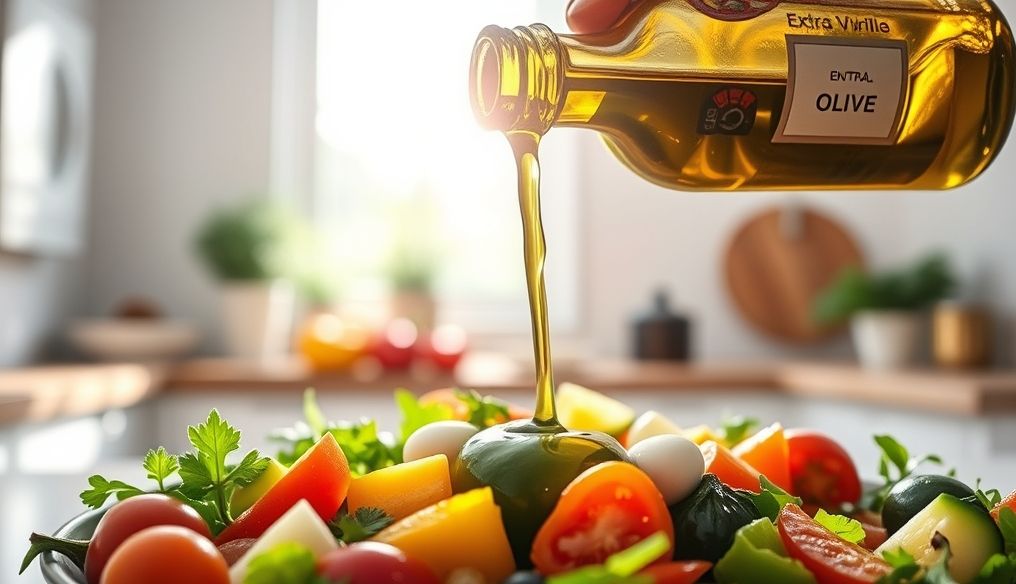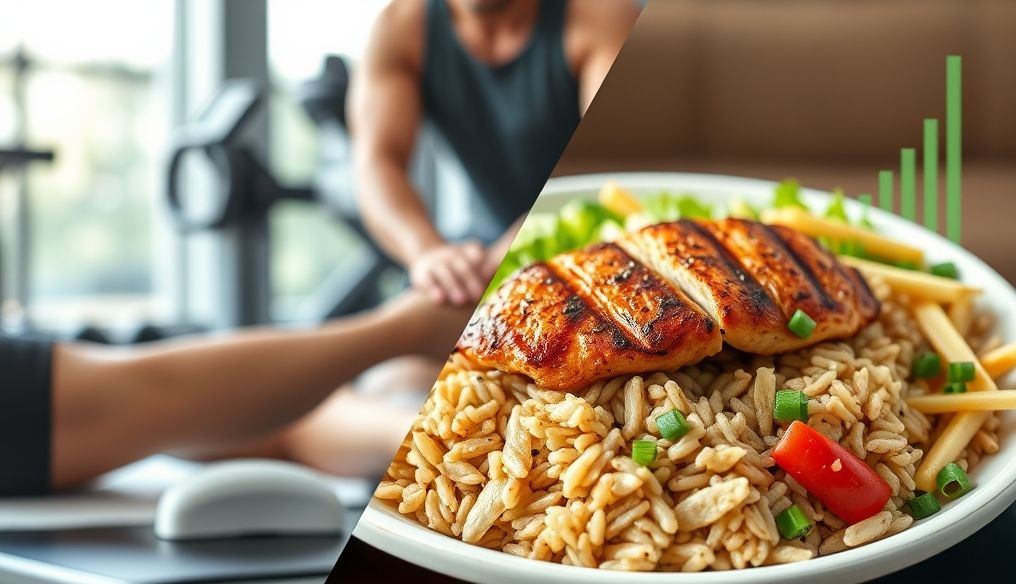Is Olive Oil Really the Best Choice for All Types of Cooking?
Olive oil, with its unique aroma and rich health benefits, holds a prominent place in the world of cooking and nutrition. However, with the diversity of cooking uses and the different temperatures required, the question arises: Is olive oil really the best choice for all types of cooking? To answer this question, we must delve into the properties of olive oil, compare it with other available oils, and understand how it reacts to heat.
What is Olive Oil and What are its Types?
Olive oil is a vegetable oil extracted from olive fruits. The types of olive oil vary depending on the extraction method, acidity level, and flavor. The main types are:
- Extra Virgin Olive Oil: It is the highest quality, cold-pressed, with an acidity of less than 0.8%, and is characterized by a strong flavor and distinctive aroma.
- Virgin Olive Oil: Also cold-pressed, but its acidity is slightly higher than extra virgin olive oil (less than 2%).
- Refined Olive Oil: It is refined to remove impurities and improve flavor, and its acidity is low.
- Olive Pomace Oil: Extracted from the residue of olive fruits after extracting virgin oil, and is considered of lower quality.
Health Benefits of Olive Oil
Olive oil is considered a rich source of monounsaturated fats, which are beneficial for cardiovascular health. It also contains antioxidants that protect the body from damage caused by free radicals. Other health benefits of olive oil include:
- Lowering levels of bad cholesterol (LDL) and increasing levels of good cholesterol (HDL).
- Reducing the risk of heart disease and stroke.
- Improving brain health and memory.
- Reducing the risk of certain types of cancer.
- Anti-inflammatory properties.
Smoke Point: The Decisive Factor in Choosing Cooking Oil
The smoke point is the temperature at which the oil begins to break down, releasing smoke and an unpleasant odor. When the smoke point is reached, the oil loses its nutritional value and turns into a harmful substance. The smoke point varies depending on the type of oil, and extra virgin olive oil has a relatively lower smoke point (around 374-405°F or 190-207°C) compared to other oils such as avocado oil (520°F or 271°C) or refined sunflower oil (450°F or 232°C).
When is Olive Oil a Good Choice for Cooking?
Extra virgin olive oil is ideal for use in:
- Salad dressings: Adds a distinctive and refreshing flavor.
- Bread dipping: Olive oil with herbs and spices is a delicious and healthy snack.
- Low-heat cooking: Suitable for cooking over low or medium heat, such as frying vegetables or preparing sauces.
- Light sautéing: Can be used for light sautéing of chicken or fish, taking care not to exceed the smoke point.
When Should You Avoid Using Olive Oil for Cooking?
Due to its relatively low smoke point, it is best to avoid using extra virgin olive oil in:
- Deep frying: This method requires very high temperatures, which causes the olive oil to break down and release harmful substances.
- High-heat searing: Same as above, high temperatures lead to oil breakdown.
- Baking at high temperatures: May affect the flavor of the final product and cause oil breakdown.
Alternatives to Olive Oil in Cooking
If you need an oil that can withstand high temperatures, you can use the following alternatives:
- Avocado Oil: Features a high smoke point and a light flavor.
- Refined Coconut Oil: Features a high smoke point and a neutral flavor.
- Refined Sunflower Oil: Features a high smoke point and an affordable price.
- Peanut Oil: Features a high smoke point and a distinctive flavor.
Tips for Choosing the Right Olive Oil
- Read the label carefully: Make sure the oil is extra virgin or virgin olive oil.
- Look for certified oil: Some brands carry certifications that guarantee the quality of the oil.
- Choose oil packaged in a dark bottle: The dark glass protects the oil from light, which helps maintain its quality.
- Pay attention to the production date: Choose recently produced oil for the best flavor and nutritional value.
Conclusion: Olive Oil is Not a One-Size-Fits-All Solution
In conclusion, olive oil is a healthy and delicious oil, but it is not the best choice for all types of cooking. The right oil should be chosen based on the cooking method and the required temperature. Extra virgin olive oil is ideal for uses that do not require high temperatures, while other oils with a higher smoke point should be used for deep frying and high-heat searing.




